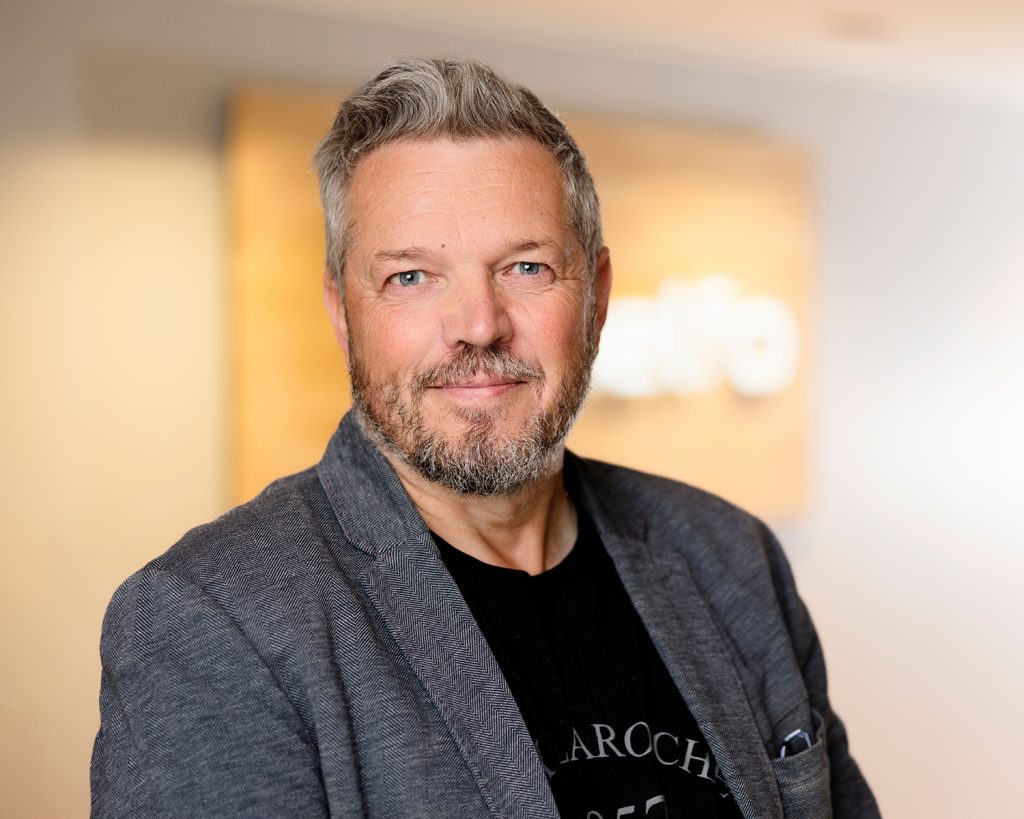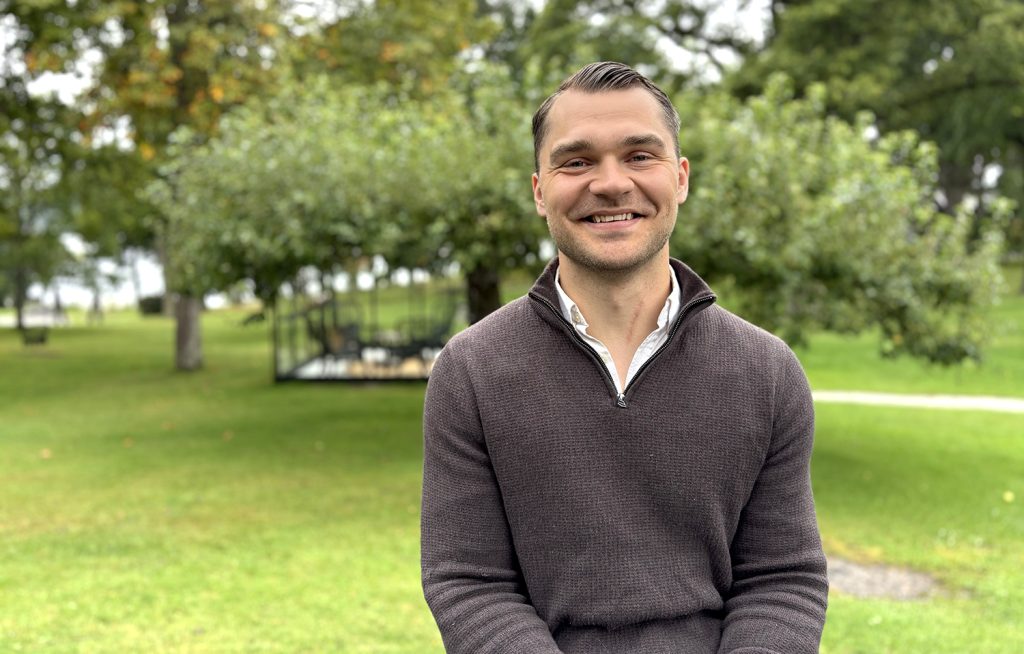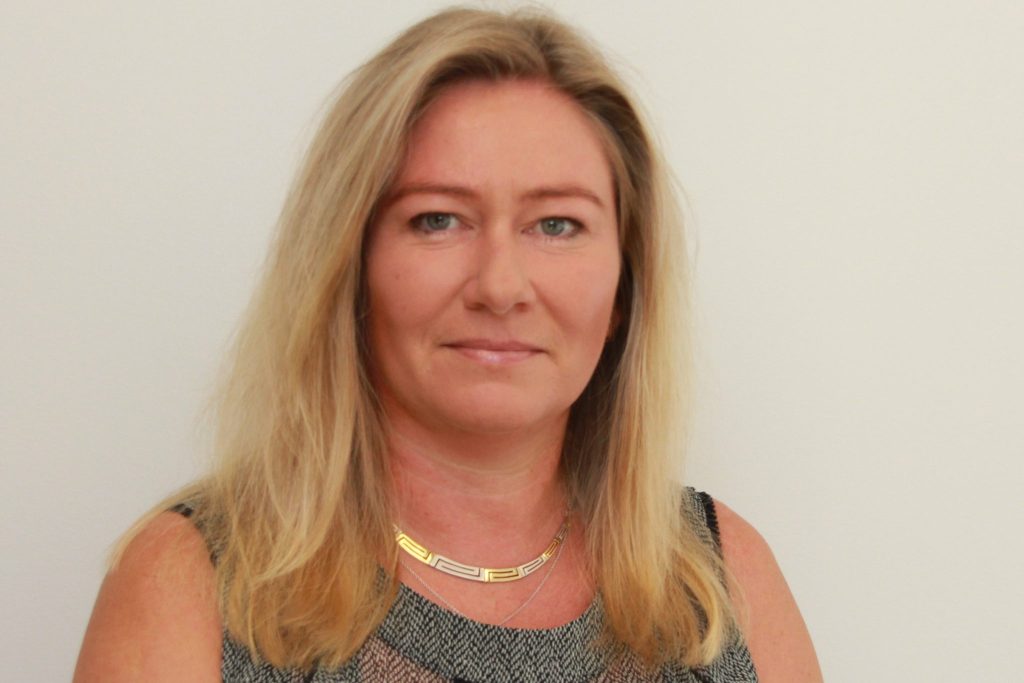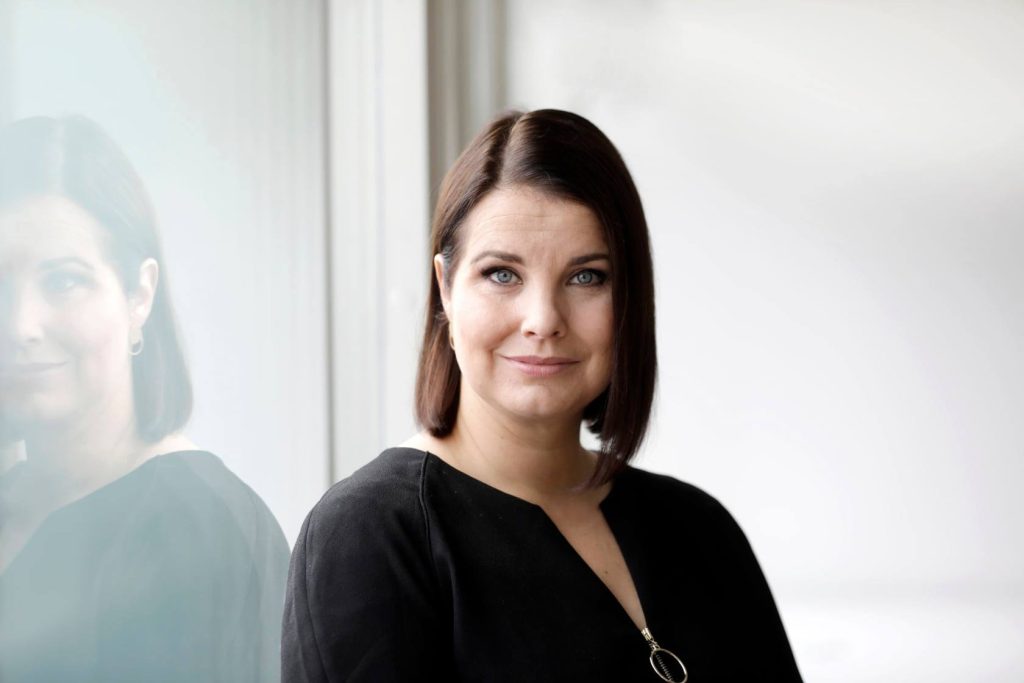It is 2022. Europe is in the middle of an energy crisis. In Norway, new electricity price records are being broken all the time.
Norwegian families and businesses are asking for help. The government says they are looking at ways of solving the crisis. There is much criticism from those who say things are moving too slowly.
Read the article in Norwegian on Arbeidsliv i Norden
When the electricity bills become too high, consumers start looking for alternatives. Some look up at the sun.
The solar power industry experiences a real upturn. Solar panels can be seen on more and more roofs. Authorities and the trade both point to solar power as one of several keys to the green transition.
But the growth is linked to people’s needs and to skills. There are several instances of solar panels blowing off roofs or catching fire.
NHO Elektro, the Norwegian trade association for electronics, IT and more, is among those pushing for targeted training for their members.
They have some success with support from the trade programme for skills development, funded by the Norwegian Directorate for Higher Education and Skills.
The urgent need that disappeared
In 2024, the Minister for Research and Higher Education Sigrun Aasland (Labour) put more money on the table to fund a new trade programme for the solar power sector. She underlined the need for up-to-date knowledge in a rapidly growing market.
But as we are nearing the end of 2025, nobody wants solar panels.
“No one could have imagined that the solar power market would all but disappear in 2025,” says Svein Harald Larsen, head of competence at NHO Elektro.
Some of the reasons: Lower electricity prices and changes to support schemes are making investments unprofitable. There are hardly any new installations on private roofs, and there is also reduced activity on commercial buildings.

The training still carries on into 2026. Curricula in education programmes are also updated to reflect the need for new skills.
As Larsen himself points out: You need to invest in skills even during downturns. There will be new requirements for energy solutions, a new increase in solar panels on commercial buildings, more needs to be learned about direct current and AI demands new knowledge.
When reality outpaces the forecasts
The story of the solar power market’s rise and rapid fall has been used to demonstrate how hard it can be to predict what the labour market needs, be it for the green transition or for another type of restructuring.
Pandemics, wars, energy crises and technological quantum leaps make the future more unpredictable than it has been for a long time.
The green transition is happening, but not necessarily where we expect it to. For years, we presumed solar, wind and new energy solutions would dominate the change.
Today, many think differently: Infrastructure, electrification, regulations and energy efficiency demands drive the development more than the large symbolic projects.
Skills matching in the Nordics
What are the right skills for developments like this? How do we know that we are training people with the crucial skills that the labour market needs and wants?
“We have been gazing into this crystal ball many times. It turns out to be extremely difficult to predict,” says Svein Haral Larsen at NHO Elektro.
Because what we now believe will happen in the future, will not necessarily be so. Larsen has another good example of this.
Ten years ago, the media was talking about how “the glow in the dark road is coming soon”. So-called “smart roads” had been tested in the Netherlands, where normal road markings were changed for fluorescent paint.
As soon as night fell, the road would glow, and in theory, streetlights would become superfluous. At the time, the fluorescent paint was not efficient enough, and the road markings were far too dark. But the future vision was that this could happen pretty soon.
“It’s been 10 years, and I have still not driven along any glow in the dark roads,” points out Larsen with a smile.
A new research project getting underway
So, we lack good systems to understand which skills the labour market needs, as well as when the needs will actually make themselves known.
This is exactly what a new Nordic research project will be looking into. “Future Skills – Bridging the Competence Gap” has just begun, financed by the Committees of Senior Officials for Education, for Regional Development and for Labour at the Nordic Council of Ministers.
Future Skills – Bridging the Competence Gap
The aim is to strengthen the Nordic knowledge base on skills needs and ensure better alignment between labour-market requirements and the population’s skills, with a focus on the green and digital transition.
The project is divided into two parts:
- Comparative analysis of Nordic skills-matching systems, carried out by VIA University College in Denmark and Fafo in Norway
- Knowledge sharing on Nordic skills forecasts, carried out by the OECD
The project period is 2025–2027.
The project owner is the Nordic Network for Lifelong Learning (NLL).
It is funded by the Nordic Council of Ministers, in cooperation with the Nordic Committees of Senior Officials for Labour (EK-A), Education and Research (EK-U), and Regional Development (EK-R).
Findings from the Nordic report “Life-long learning for the Future Labour Market”, carried out by Oxford Research in 2024 on commission from the Nordic Council of Ministers, highlight issues that form the basis for the project.
The report shows that the future needs for competencies in the Nordics are shaped by digitalisation, the green transition and technological developments, and that the effect is hard to predict.
The report points out that all countries need green, digital and cross-sector skills, but the demands vary a lot between sectors.
The result is a complex and uncertain labour market landscape, which demands flexible strategies for skills development, strong alignment between education and working life, and systems that support lifelong learning.
Great expectations for the result
“Future Skills – Bridging the Competence Gap” is led by the Nordic Network for Lifelong Learning (NLL). Antra Carlsen is the project leader.
“A lot is being invested in education, but we still don’t know enough about how the systems will function when faced with the labour market’s needs. The matching can become better,” says Carlsen.
She believes the project is timely, as we are experiencing a period of great change and new skills demands, especially linked to the green transition and AI.
“The countries already have different ongoing initiatives but we need to understand better what works and why. There is a potential to learn from each other and to be better in the Nordics.
“We’re at the start of the project, but the expectations are high and clear: We need to develop systems that will make our countries more resilient. It’s about both creating better forecasts and improving matching,” says Carlsen.
Swedish matching success
One education form that appears to succeed with this kind of matching is the Swedish Yrkeshögskolan (higher vocational education).
A new survey from the Swedish National Agency for Higher Vocational Education (HVE) shows a high level of employer satisfaction with the skills that students bring into working life.
The results are clear:
- 9 in 10 employers say Yrkeshögskolan candidates’ skills fit with their needs.
- Around half of them hire the students after they have finished their internships.
- Nearly half think there is no need for changes to the education programme.
Those who do want to see some adjustments point to the need to keep the training programmes current in step with the rapid developments in the labour market.
“Employers answering the survey say things are moving fast and the training programmes must be kept up to date,” says HVE director for skills and competence analyst Jonathan Thorsell.
The key to success seems to be work placements?
“The skills level the students learn in the workplace is very high,” says Thorsell.

Each training programme has a steering group where representatives from working life make up the majority.
In these groups, industry needs, new trends and any adjustments to the programme are discussed. As a result, employers have genuine influence over the content – something they very much appreciate.
As one employer puts it: “The content must be updated all the time, things change so fast. But by and large, this works really well.” Another points to the balance between theory and practice:
“The students have good basic skills, but you still need to give them workplace-specific training. That is completely normal.”
The aim is a robust system
The report on lifelong learning also shows how hard it is to create accurate forecasts of future skills needs. Change is happening rapidly and unevenly between sectors. The private sector in particular is calling for more precise analyses.

That is why the new project will do more than mapping the systems for skills matching. It will also take a closer look at how the Nordic countries create forecasts today, and what is needed to make them better.
The ambition is to create something more robust than just one single overview report; namely a system which over time can strengthen the countries’ understanding of the needs and help them make the right decisions when it comes to skills.
“The aim is to give the Nordic countries a more robust system for understanding the labour market challenges,” says Carlsen.
When AI is allowed to help read the future
The tech industry in Finland has started using the new technology specifically to develop such systems.
The trade organisation Technology Industries of Finland has developed a Skills Data Playbook, which provides a framework for how to use skills data and artificial intelligence to understand which skills the sector needs.

The idea to use AI was conceived by the members themselves. They were not interested in traditional surveys.
They had a clear message to the trade organisation:
“Don’t try sending us paper surveys – we are technology companies. We have to use new technology, like AI, in this work.”
With that marching order, they simply had to get started, according to Leena Pöntynen. She is director of skills and competence at Technology Industries of Finland. She describes this as an exciting process in fairly unknown terrain.
“We simply had to try. Some stuff worked, some not at all. But we were free to experiment. We didn’t have to produce a result.”
By analysing large numbers of CVs, job ads and education data, they could create a more nuanced picture of skills needs – now and in the future.
The system was divided into three types of skills data: what people know, what employers need and what the training programmes offer.
The method provided insight into where the mismatch actually lies. It also created new meeting points between the education sector and industry. Leena Pöntynen believes even more dialogue and discussion around the topic is needed.
“We have tonnes of data in the Nordic region. We are better than many other countries at gathering data systematically. And we have to use this. So why not use AI? It could help create a clearer image of the situation and future needs,” says Pöntynen.





